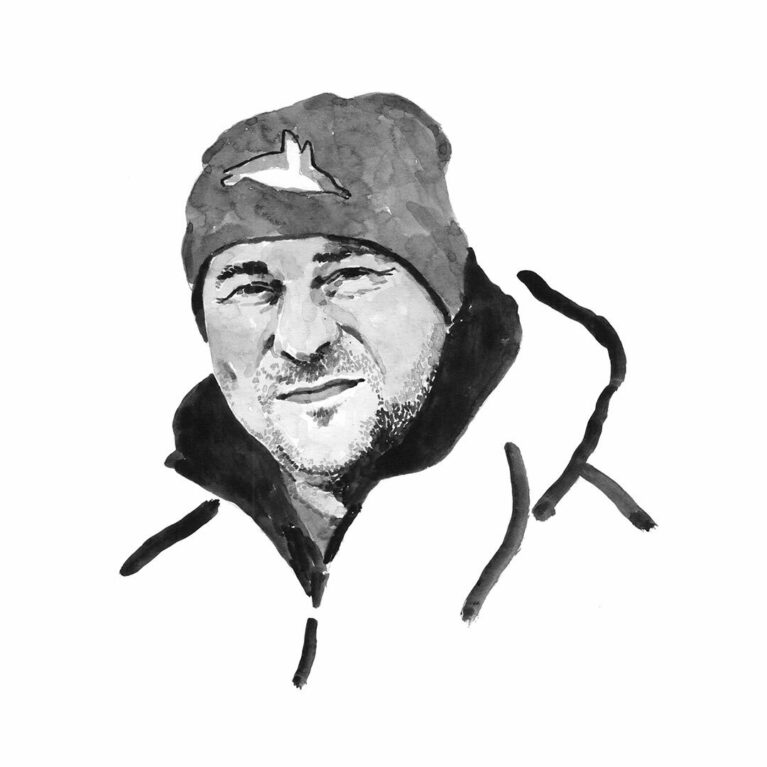Tom Hart

Who I am
I grew up in the United Kingdom, where I developed a passion for wildlife and extreme environments. I escape to cold and wild places as often as my research allows me and they are always a great reminder of what I am trying to conserve. I have dedicated my career to protecting the unique polar environments in a rapidly changing world. While my work requires analysis and data to change policy, I love that I can frequently get into the polar regions for field work and, particularly, to South Georgia with my favourite penguin species, the macaroni penguin.
Where I work
My work focuses on some of the hardest-to-reach places in the world. I conduct research on penguins and seals along the coastline of the Scotia Arc, namely the Antarctic Peninsula and the South Shetland, South Orkney, South Georgia and South Sandwich islands. I also work in the Palearctic region and along the coast of the UK for my research on seals and seabirds. For my project with the Save Our Seas Foundation, I will focus my efforts on the Antarctic Peninsula and the South Shetland Islands, where we work with Adélie, chinstrap and gentoo penguins. The populations of Adélie and chinstrap penguins are declining, with the krill fishing industry and climate change in the cross hairs, along with the increase in human disturbance and the recovery of whale populations as confounding variables. When the Covid-19 pandemic closed tourism and the national research programme on the peninsula, we had a once-in-a-lifetime opportunity to collect data that will help us disentangle the stressors on penguin populations in the region to better target our conservation effort.
What I do
My PhD focused on tracking macaroni penguins to understand their foraging behaviour; with greater understanding of penguins’ behaviour, we can better comprehend the threats to them. Since then, I have diversified my research interests to integrate genetics and image analysis to provide long-term, large-scale monitoring of marine predators in remote places. I now run the Polar Ecology and Conservation Research Group at the Department of Biological and Medical Sciences of Oxford Brookes University and the Penguin Watch citizen science project (and its more recent sister projects, Seabird Watch and Seal Watch). Through these projects, I seek to understand changes in the Antarctic, Palearctic and UK marine predator populations, harnessing technological innovations to make research in these challenging environments safer and more effective. Conducting fieldwork in remote locations is really challenging. I am only able to visit once a year and the risk of something going wrong is higher than in most other places. Using a remote camera network means that the data are still being collected when I am away. Drones also enable me to conduct colony surveys even when the conditions at sea are too difficult to land. If you miss an opportunity to collect site data, you will not be back for another year.
